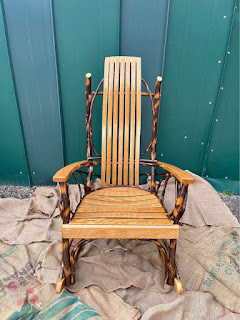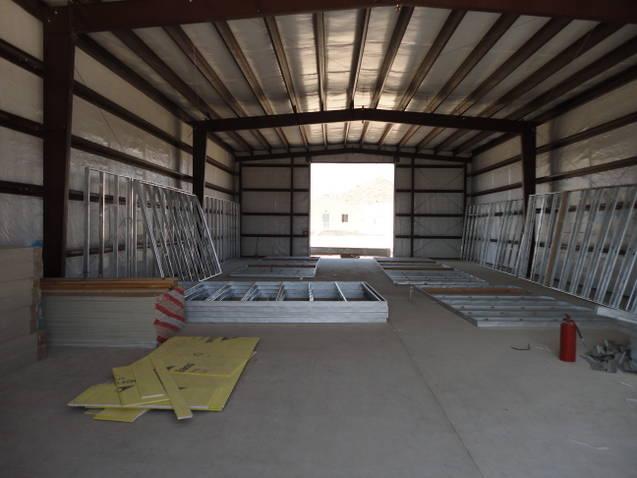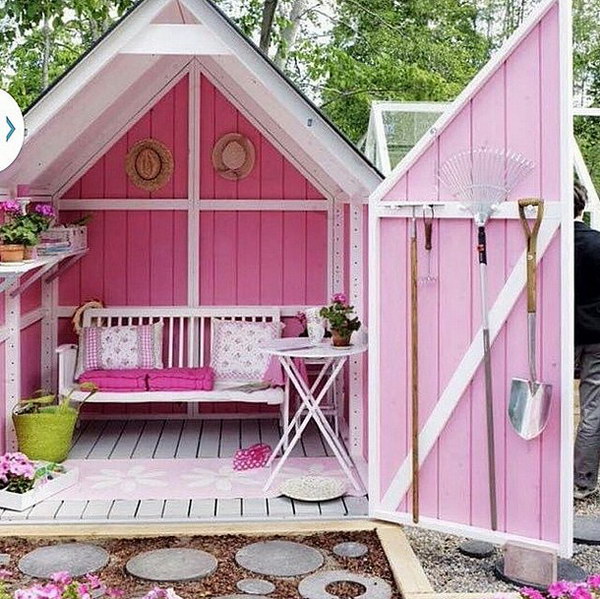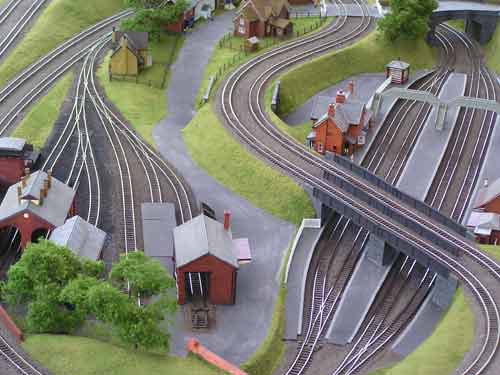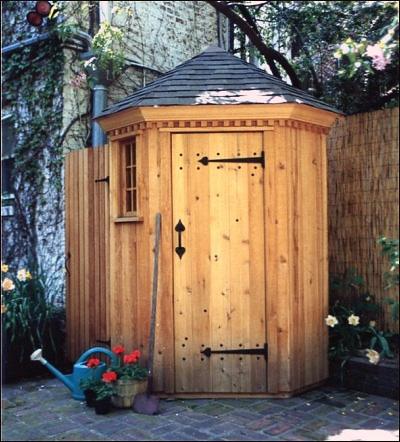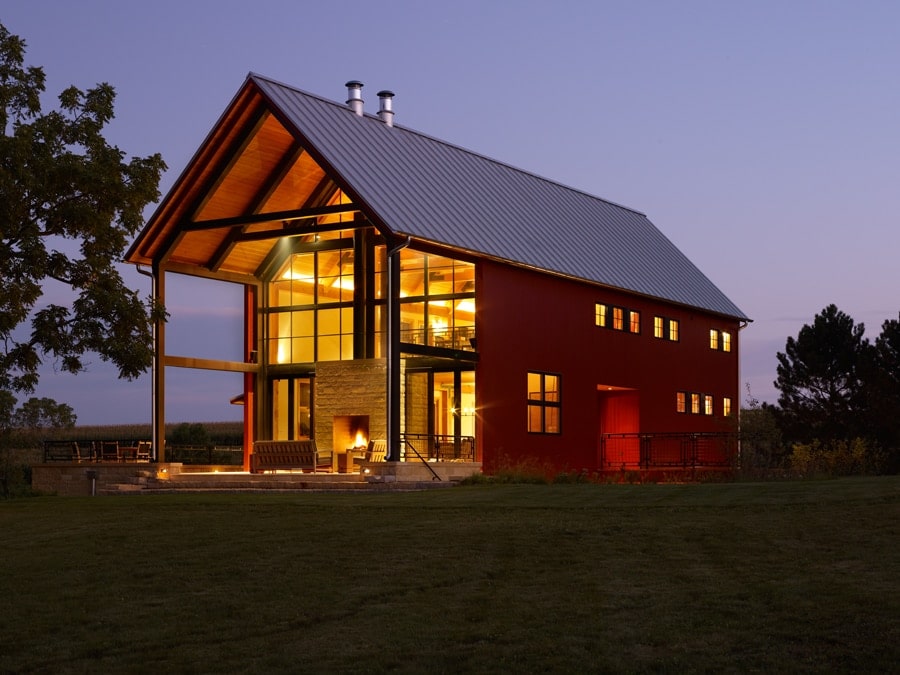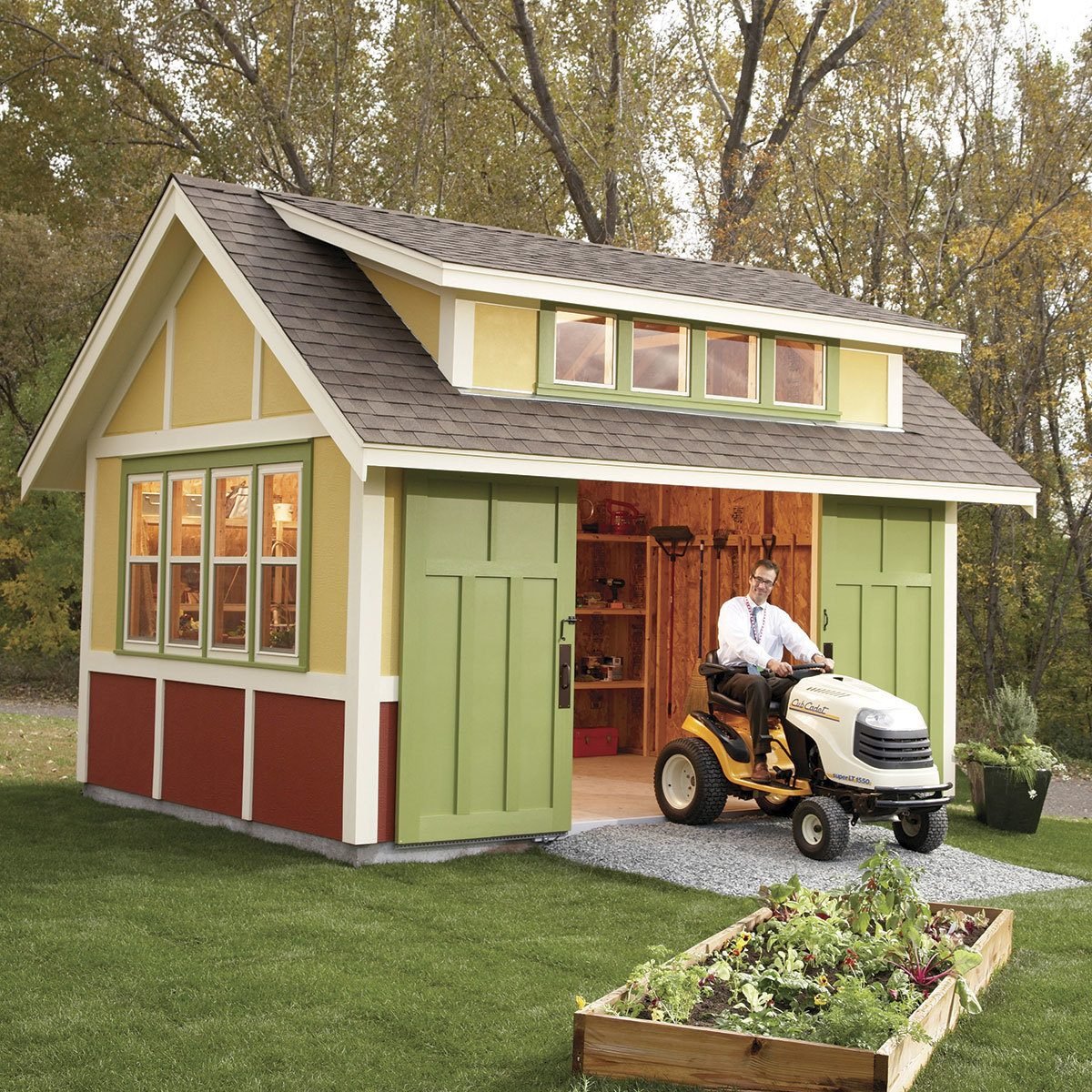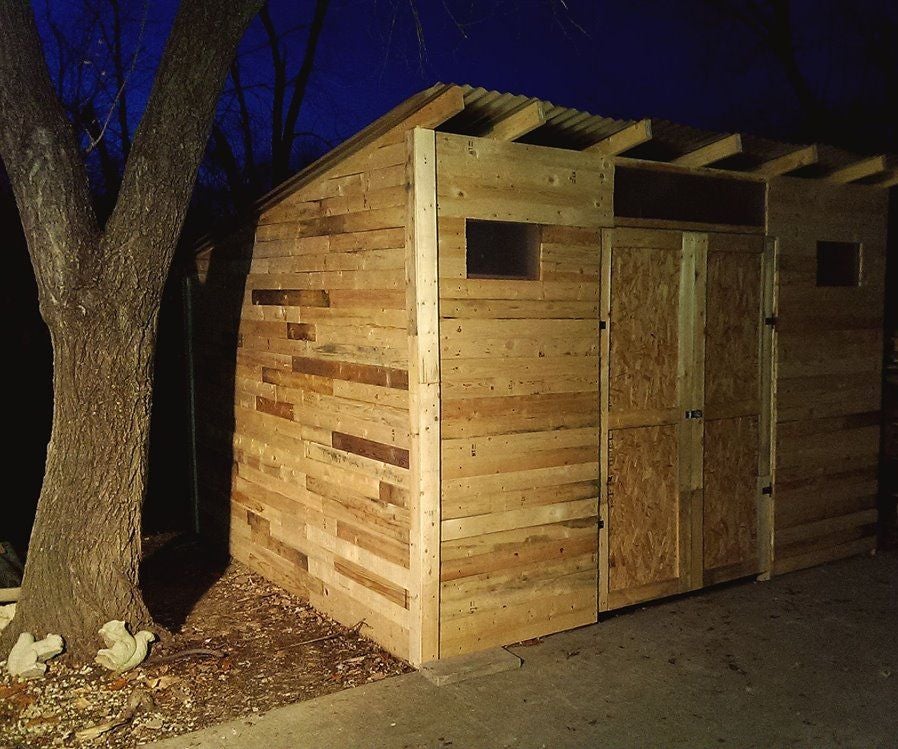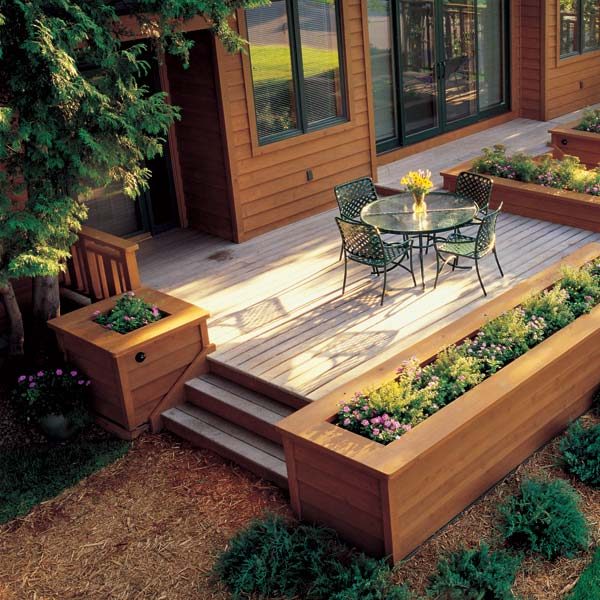Introduction
In the realm of outdoor storage solutions, Lean-To Sheds stand out as a space-saving and versatile option that has captured the hearts of DIY enthusiasts and homeowners alike. These ingenious structures offer an elegant and functional solution for optimizing space in smaller yards or limited areas. In this article, we'll delve into the world of Lean-To Sheds, understanding their unique characteristics, benefits, and how they differ from other types of sheds. Whether you're looking to create a cozy gardening nook, a practical storage area, or a dedicated workshop, Lean-To Sheds present the perfect canvas to fulfill your backyard dreams.
Understanding Lean-To Sheds: Maximizing Efficiency
Definition and Characteristics
Lean-To Sheds, also known as attached sheds or single-slope sheds, are structures designed to lean against an existing wall or structure. This clever design feature minimizes the shed's footprint, making it an ideal choice for spaces with limited room to spare. Lean-To Sheds are constructed with one sloping roof, which provides a gentle slope to drain rainwater efficiently.
Advantages of Lean-To Sheds
Space Optimization in Small Areas: Lean-To Sheds are a game-changer for homeowners with limited backyard space. By utilizing the existing wall of a house or garage, these sheds make the most of every inch of your property without taking up precious room in your yard.
Cost-Effectiveness Compared to Traditional Sheds: Building a Lean-To Shed can be a more budget-friendly option compared to constructing a freestanding shed. By sharing one wall with an existing structure, you save on materials and labor costs.
Versatility and Customization Options: Lean-To Sheds offer an unparalleled level of flexibility. Whether you need a dedicated storage space, a potting shed for your gardening hobby, or a small workshop for DIY projects, you can easily adapt the shed's interior to suit your needs.
Comparing Lean-To Sheds with Other Types of Sheds
Lean-To vs. Gable Sheds: Finding the Perfect Roof Style
Gable sheds feature a classic peaked roof design, making them visually distinct from Lean-To Sheds. While gable sheds offer more headroom and interior space, they require a larger area for construction, making them more suitable for spacious yards. On the other hand, Lean-To Sheds are the go-to option for narrow areas, as they utilize the existing wall for support and have a lower profile.
Lean-To vs. Gambrel Sheds: Roof Styles and Storage Options
Gambrel sheds, also known as barn-style sheds, have a roof design with two slopes on each side. They offer more storage space in the form of overhead lofts, making them an attractive choice for those requiring ample storage without sacrificing floor space. However, Lean-To Sheds focus on compactness and are designed to be attached to existing structures, making them ideal for storing tools, bikes, or gardening equipment.
Lean-To vs. Traditional Freestanding Sheds: The Ultimate Space-Saving Solution
Unlike traditional freestanding sheds, which require open space on all sides, Lean-To Sheds can be positioned closer to the house or garage, making them the epitome of space-saving efficiency. For homeowners with limited backyard areas or who prefer a seamless integration with their home's architecture, Lean-To Sheds offer an ideal solution.
Ideal Locations and Use Cases for Lean-To Sheds
Where to Install a Lean-To Shed: Finding the Perfect Spot
Selecting the right location for your Lean-To Shed is crucial to maximizing its benefits. Look for walls or structures that can support the shed's lean-to design. Common locations include the side of a house, garage, barn, or even a fence line. Choose an area that receives ample sunlight and is accessible from your home.
Popular Use Cases: From Storage to Workspaces
Outdoor Storage Solutions: Lean-To Sheds provide a convenient and secure space to store your garden tools, lawnmower, or seasonal items without cluttering your yard.
Gardening and Potting Areas: Transform your Lean-To Shed into a cozy gardening nook, complete with potting benches and shelves for your gardening essentials.
Workshop and Tool Storage: Embrace your DIY spirit and turn your Lean-To Shed into a small workshop or a dedicated space for woodworking and crafting projects.
Tips for Building and Maintaining Lean-To Sheds
Building Considerations: A Solid Foundation
Before diving into construction, ensure you have a level and sturdy foundation. Depending on your preferences and local building codes, you can choose from various options like concrete slabs, cinder blocks, or gravel foundations.
Assembling the Lean-To Shed Kit: A Step-By-Step Guide
If you're considering a DIY Lean-To Shed kit, follow the manufacturer's instructions carefully. Take your time to assemble the shed accurately, ensuring proper alignment and stability.
Maintenance and Longevity: Protecting Your Investment
To ensure your Lean-To Shed stands the test of time, perform regular maintenance checks. Inspect the roof for any leaks, keep the exterior clean, and apply weatherproofing treatments to protect it from the elements.
Conclusion
Lean-To Sheds have emerged as a remarkable outdoor storage solution that showcases the perfect blend of functionality and space optimization. Whether you're looking to declutter your backyard, nurture your gardening passion, or create a dedicated workspace, a Lean-To Shed offers boundless possibilities. By understanding its unique characteristics and how it differs from other shed types, you can confidently embark on the journey of creating the perfect Lean-To Shed that complements your lifestyle and elevates your outdoor space to new heights. Embrace the art of space-saving efficiency with Lean-To Sheds – your backyard will thank you for it.
